Finding Perspective
“My favourite part of post-secondary is gaining the knowledge and skills I will need to be a strong legal advocate for our communities. I would like to start my own practice helping in the translations between Canadian Law and Indigenous Law to aid in reconciliation efforts and carve out jurisdiction for our peoples to sustain ourselves and create optimistic circumstances for the younger generations to come.” - Jaxxen Wylie
We asked 2023 Kw’umut Lelum Indspire Award winner JaxxenWylie to share his story with us - about his experiences in school, his education journey, and what advice he might have for others as they consider their future.
Uy Skweyul Hwunitum nas sne Jaxxen Wylie, Hulq’umi’num nas sne Sialh tuni tsun utl Stz’uminus First Nation.
Good day, my Canadian name is Jaxxen Wylie and my Hulq’umi’num name is Sialh. I am a member of Stz’uminus First Nation.
I grew up on our traditional territories in what is now called Cedar and on traditional Snuneymuxw territory in south Nanaimo.
What are you studying and how did you decide which program to take?
I recently graduated from the University of Victoria Faculty of Law in the Joint Degree program studying Canadian Law and Indigenous Legal Orders (JD/JID).
I took this program because it is aligned with my personal and professional goals. The weaving of the legal worlds of Canadian Law and Indigenous Law is something I feel is a necessary step for this country to take to begin to untangle the violent impacts of colonization. So, this program offered a unique and cutting-edge approach to law school that I wanted to be a part of in order to understand the complex relationship of reconciliation from both Canadian and Indigenous legal worldviews.
Share a bit about your educational journey so far.
For me, post-secondary was a difficult journey that I eventually got the hang of. As a child and youth I disliked school and mainly only attended to satisfy my academics so I could keep playing on the sports teams.
I actually failed my first two attempts at post-secondary school because I was not at the time equipped with the skills to succeed and after some head injuries as a youth football player. Taking a break from the rigor of studying ended up being the right move for me and after some years off I was able to reattend and apply myself. I graduated law school in the spring of 2024.
My favourite part of post-secondary is gaining the knowledge and skills I will need to be a strong legal advocate for our communities. I set a goal in my second year of undergraduate studies in criminology and justice studies that I wanted to attend law school after finding that with the right effort and experience I was able to achieve pretty decent grades. Now, I work as an articling lawyer at a firm that serves First Nations clients in our rights, titles, governance, and economic development, as well as the revitalization of indigenous laws.
Who or what has been your biggest support at post-secondary?
My family and especially my kids. Sometimes the best thing to do when stuck on a difficult paper or assignment is to put it down and come back later, refocused. My kids keep me busy and able to step away from work when work time is over which allows me to not let it be all-encompassing.
What advice would you offer to either your younger self or Indigenous youth from your community?
Go easy on yourself. Most youth in Indigenous communities face challenges their peers at post-secondary couldn’t imagine but are still held to the same standard in academics. “Failure” in academics is not a personal failure or a flaw in how good you are.
What is something you wish you knew before heading off to Post Secondary Education?
That there is no need to rush or force things if it is not the right time. I tried to push through extenuating circumstances in my first couple cracks at school and ultimately it was too much, and I stumbled.
“Sometimes a break, or time away, or working elsewhere and gaining life experience is going to be more valuable and set you up for more success. Post-secondary school will still be there in a year or two, or more, and “not right now” doesn’t mean “not ever”.”
What are your hopes, dreams, and goals for the future and what has the Kw’umut Lelum Indspire Award meant for your continued pursuit of these goals and dreams?
I would like to start my own practice helping in the translations between Canadian Law and Indigenous Law to aid in reconciliation efforts and carve out jurisdiction for our peoples to sustain ourselves and create optimistic circumstances for the younger generations to come.


